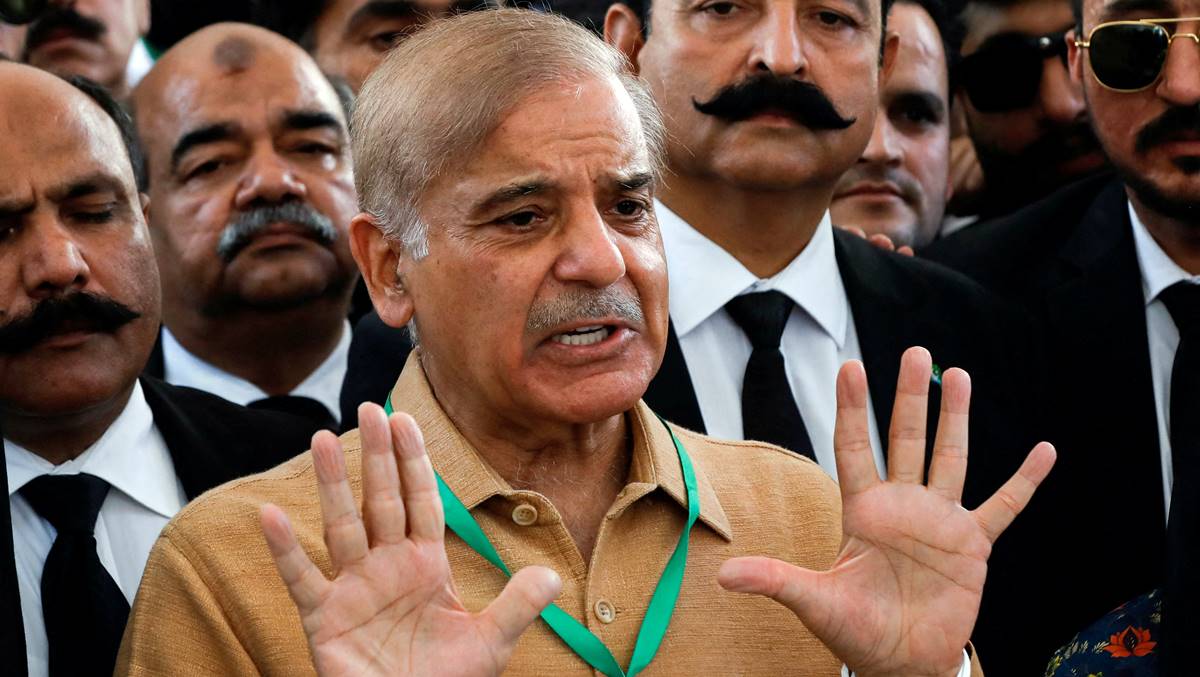
The new government of Pakistan has begun the process of eliminating the Chinese-Pakistan economic corridor authority, with the Minister of Planning said it was a “excessive organization” that wasted resources and thwarted the rapid implementation of an ambitious regional connectivity program.
Planning Minister Ahsan Iqbal received orders to the officials concerned to begin the process of eliminating the authority after the report that the Chinese power producers had closed 1,980 megawatts of production capacity because they did not have their RS300 billion contributions, their Tribune Express newspapers reported.
The Chinese-Pakistan Economic Corridor Authority (CPEC) set through regulations in 2019 is aimed at accelerating the pace of activities related to CPEC, finding new growth drivers, opening the potential of interrelated production networks and global value chains through regional and global connectivity. .
According to the newly appointed Minister of Planning, his official “will move a summary of the approval of Prime Minister Shehbaz Sharif to abolish the CPEC authority”.
Iqbal told the newspaper that the authority was “excessive organization with a waste of resources that had frustrated the implementation of fast CPEC”.
The decision to end the CPEC authority is in line with the old Muslim-Pakistan League (PML-N) policy on the formation of parallel setups.
According to the Express Tribune report, the Pakistani Tehreek-E-Insaf (PTI) government also took more than two years to regulate authority, which is mostly inactive.
CPEC USD 60 billion is a number of infrastructure and energy projects that are being placed between the provinces of Xinjiang China and the Port of Gwadar in Balochistan Province Pakistan.
China is reported to have spent around USD 28 billion on different projects so far where thousands of Chinese personnel work in Pakistan.
Officials during the first briefing of PML-N, which was formed in CPE countries on Wednesday, told Iqbal that more than 37 percent of the capacity of CPEC power projects or 1,980 megawatts was damaged because they did not pay fees to Chinese investors.
The minister was told that the total receivables of 10 Chinese IPPs had shot up to RS300 billion, where the number had matured was 270 billion RS.
One of the two units of three imported coal power plants – Hubco, Sahiwal and Port Qasim – have been closed due to fuel insecurity, former senior officials in the Knowledge of CPEC authority told Tribune Express in anonymity conditions.
He said this problem had been brought to knowledge about the Minister of Finance then Shauk Tarin who only made a part of the RS50 billion.
Likewise, the formation of a revolving account is waiting since the signing of the CPEC energy project framework agreement in 2014.

